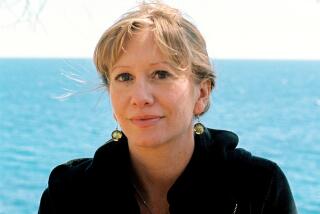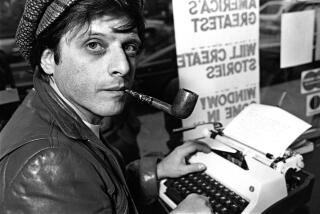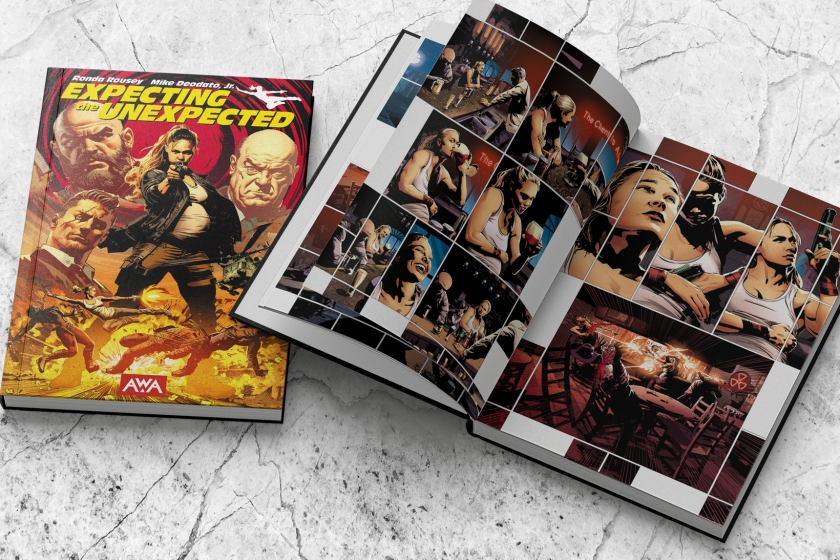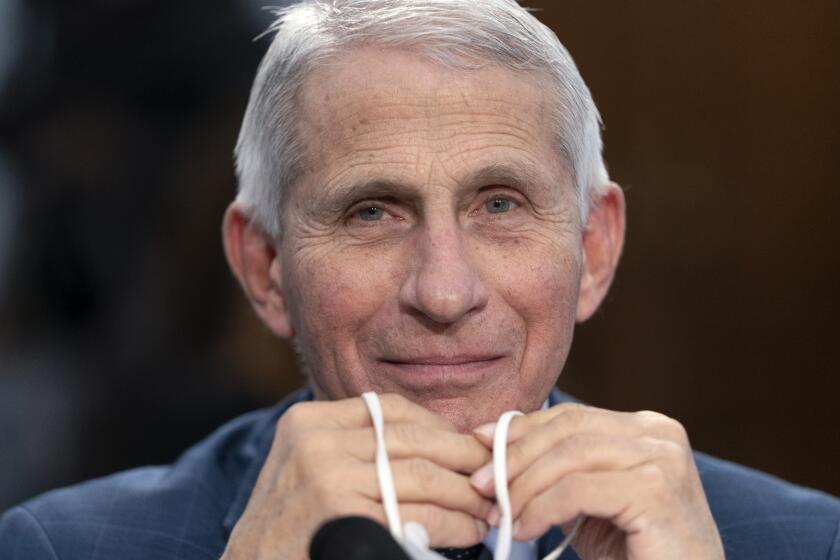The altar boy and Big Russ
The temperament of TV anchors and interviewers affects the news we see and those who make it.
We believed Walter Cronkite, the man who talked the nation into space, when he told us the war in Vietnam wasn’t going well. The late David Brinkley found a willing audience when he implied we should treat politicians with contempt.
Today, Tom Brokaw is ironic and sophisticated. Peter Jennings seems to be saying he has seen things worse than you can imagine. Dan Rather seems ever more raspy as he ages. Aaron Brown conveys humanism tempered with a sense of tragedy. Larry King, as always, puts himself at the center of attention.
Into this rodeo of egos as large as the newsmakers they cover rides Tim Russert, the altar boy from South Buffalo, N.Y.
With charming self-deprecation, the ever-smiling Russert, his father (also named Tim, but affectionately known as “Big Russ”) by his side, plays an Irish American aw-shucks role in his new memoir. In “Big Russ & Me,” he depicts a 1950s working-class childhood as simple and good as any that were idealized in 1950s TV shows.
Russert has run NBC’s venerable “Meet the Press” Sunday show since 1991. One of the secrets of his success must be that it is hard to deceive a smiling, slightly chubby altar boy.
Recently, an aide to Colin L. Powell took the secretary of State away from the screen during a long-distance interview with Russert. The indignant host drew an abject apology from the secretary.
For this is the world Russert now lives in, the world at the top, a global residence of friends and acquaintances from the pope to presidents. Russert is so rich, he tells us, that he sends his father to Florida by private jet because Big Russ’ back hurts.
But the theme of “Big Russ & Me” is not the writer’s present glory but his simple origins. South Buffalo, Russert tells us, was a place of virtue. Goodness was embodied in his father. Big Russ, a parachute wrapper in World War II, was badly wounded in a plane crash in England in 1944, but he didn’t like to talk about it. To feed, house and educate the family, Big Russ had two jobs, as a sanitation worker and newspaper deliveryman.
The son affectionately evokes the liberating confinement of his Irish American enclave: the watchful school nuns, baseball, the American Legion hall (where his father was commander), the electoral victory in 1960 of one of their own, John F. Kennedy.
Little Russ attended a Jesuit high school, a college in Cleveland, then law school. He worked for the late Sen. Daniel Patrick Moynihan, the Irish American New York Democrat, and moved from there to NBC and swiftly on to “Meet the Press.”
Throughout, Russert says, he has been guided by his laconic father’s advice. If Big Russ’ admonitions seem unexceptional -- be yourself, work hard, take responsibility, never lie -- to Little Russ they are touchstones in a universe of uncertainties.
Perhaps they are even more so now in that world of power, money and influence in which he lives.
Only two shadows, each slight and fleeting, brush the life Russert presents so enthusiastically. One is the rearing of his own son, Luke. How do he and his wife, the writer Maureen Orth, re-create the constrained but fertile ground from which Little Russ grew? Obviously, they can’t. Upward mobility steals that opportunity from the next generation. In a passage that must have cost Little Russ some genuine anguish, he relates how he told Luke, a student at a fine and fashionable private school in Washington, St. Albans, that if he really wanted to it was OK to switch from baseball to golf. Golf!
The other cloud is the separation of his parents after nearly 30 years of marriage. Though his mother was clearly the one who every night put supper on the table for the family -- Little Russ has three sisters -- she is indistinct in her son’s book, honored but not shown.
Mostly, Russert’s memoir is sunny and sturdy. He challenges us to take Big Russ’ brief words of wisdom as our guides too. Who will deny he is right?
More to Read
Sign up for our Book Club newsletter
Get the latest news, events and more from the Los Angeles Times Book Club, and help us get L.A. reading and talking.
You may occasionally receive promotional content from the Los Angeles Times.






